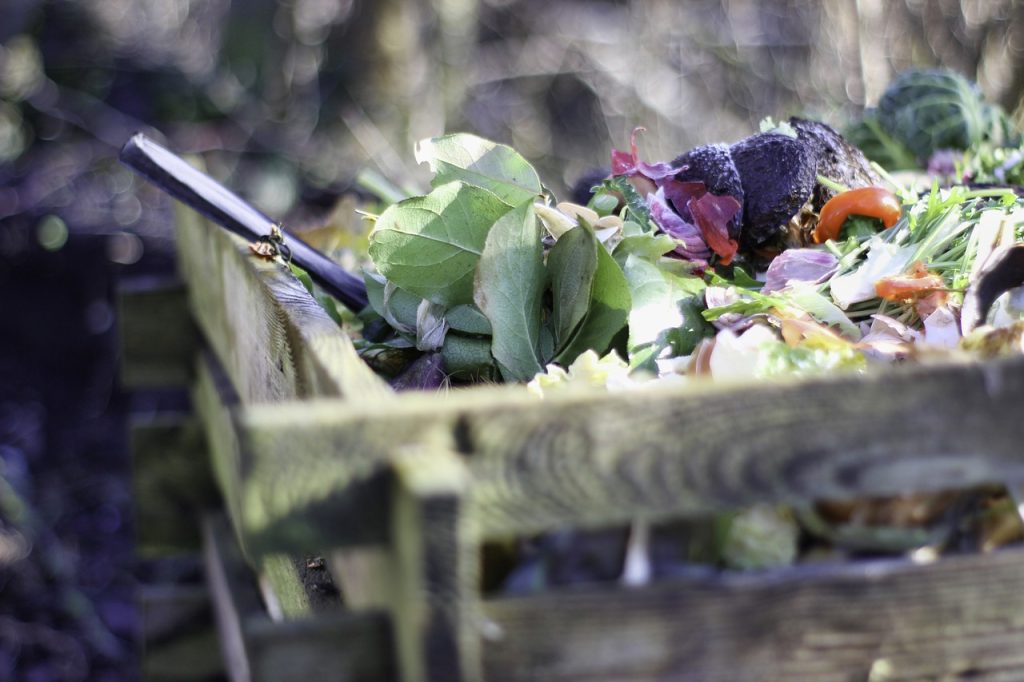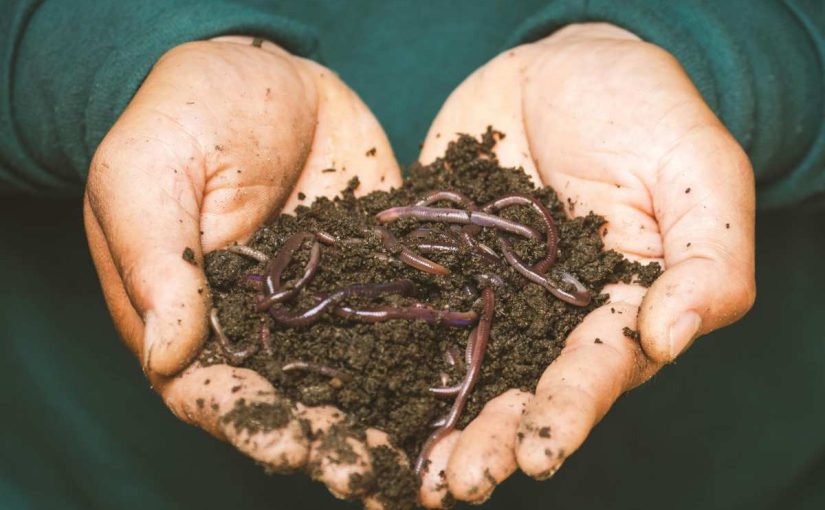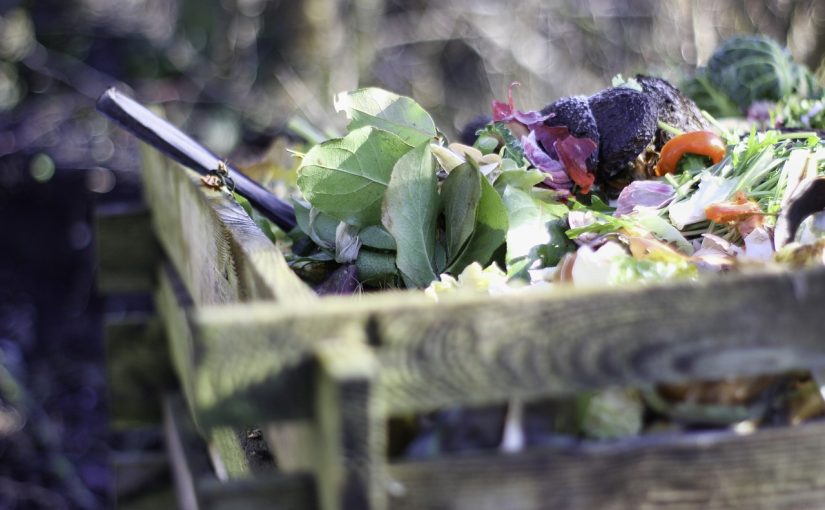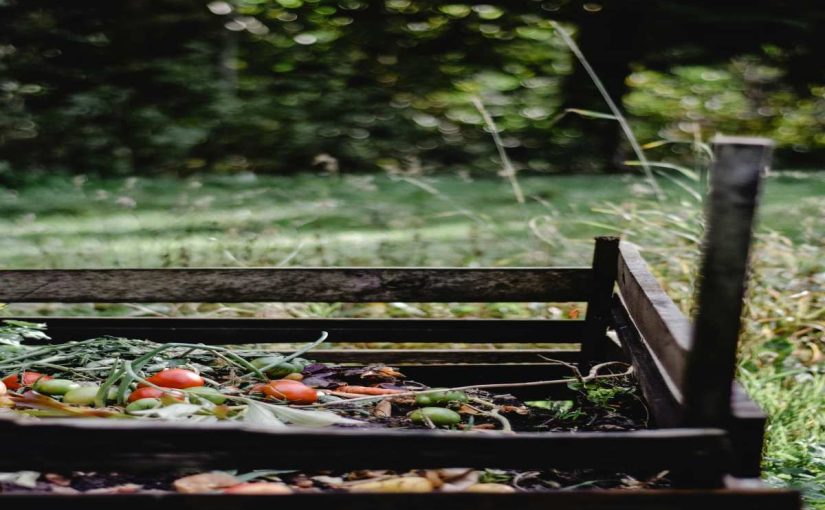Composting is an excellent way to recycle organic waste, improve soil health, and reduce landfill waste. However, the process can sometimes take months or even years to fully break down materials, especially if conditions aren’t ideal. Fortunately, there are several ways to speed up composting and get nutrient-rich humus for your garden faster. Here are 9 effective tips to accelerate the composting process.
1. Maintain the Right Balance of Green and Brown Materials
Composting works best when there’s a proper balance between nitrogen-rich green materials (such as kitchen scraps, grass clippings, and coffee grounds) and carbon-rich brown materials (such as dry leaves, cardboard, and straw).
- How it helps: The right balance of greens and browns provides the microorganisms with the nutrients they need to break down organic matter quickly.
- Tip: Aim for a ratio of about 3:1 (brown to green) for optimal composting speed.
2. Chop or Shred Larger Materials
Larger pieces of organic matter like branches, fruit peels, or vegetable scraps take longer to break down. To speed up the process, chop or shred larger materials into smaller pieces.
- How it helps: Smaller pieces provide a larger surface area for microorganisms to break down, speeding up the decomposition process.
- Tip: Use a compost shredder or simply chop materials with a garden shears or knife.
3. Turn the Pile Regularly
Turning the compost pile helps introduce oxygen, which is essential for aerobic bacteria that break down organic matter more quickly.
- How it helps: Regularly turning the pile promotes aeration, prevents odors, and speeds up the decomposition process by ensuring bacteria can work efficiently.
- Tip: Turn the pile once a week or more, especially when the temperature starts to drop or if the pile seems to slow down.
4. Maintain the Right Moisture Level
Composting requires moisture to keep the microorganisms active. However, too much moisture can create anaerobic conditions that slow down decomposition, while too little moisture will cause the pile to dry out and halt the process.
- How it helps: Moisture activates and sustains beneficial microbes that decompose organic material.
- Tip: Keep the pile as moist as a wrung-out sponge—damp but not soggy. If it’s too dry, add water; if it’s too wet, add more brown materials to absorb excess moisture.
5. Add Compost Accelerator or Activator
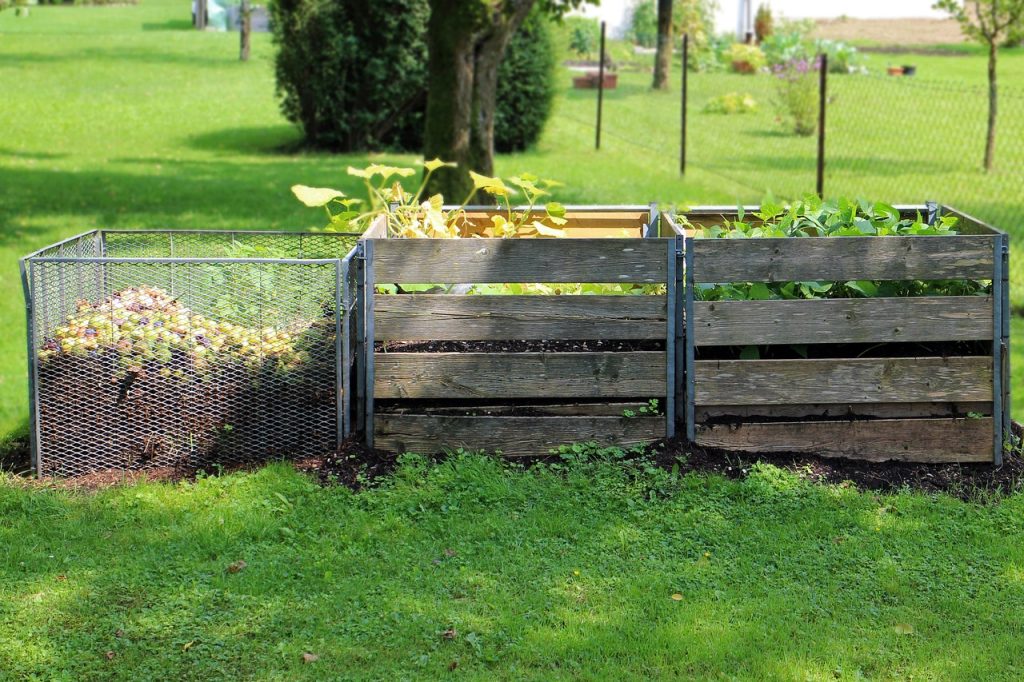
Compost accelerators are commercially available products containing beneficial microbes and enzymes that can help jumpstart the composting process.
- How it helps: Accelerators introduce or stimulate microorganisms that can speed up decomposition.
- Tip: You can also create your own “compost starter” by adding some already finished compost to the pile to introduce active microbes.
6. Ensure Proper Pile Size and Structure
The size of your compost pile can affect its temperature and speed of decomposition. A pile that’s too small won’t generate enough heat, while a pile that’s too large can become compacted and lack airflow.
- How it helps: A pile that is about 3 feet by 3 feet in size is optimal for composting, as it can retain heat and maintain aeration while still breaking down material efficiently.
- Tip: Keep your compost pile in a manageable size to maintain the right temperature and airflow.
7. Increase the Pile’s Temperature
A hot compost pile breaks down organic material much faster than a cool one. The ideal temperature for composting is between 130°F and 160°F (54°C to 71°C), which is hot enough to encourage microbial activity but not so hot that it kills the beneficial organisms.
- How it helps: Heat speeds up the process by promoting faster microbial breakdown.
- Tip: If your pile isn’t hot enough, add more green materials like fresh grass clippings or manure to raise the temperature.
8. Use Aerobic Methods
Using aerobic composting methods, which rely on oxygen-loving bacteria, can significantly speed up the breakdown process compared to anaerobic composting (which takes much longer).
- How it helps: Aerobic bacteria work faster and more efficiently to break down organic materials.
- Tip: Avoid compacting the pile, and make sure to aerate it regularly by turning or stirring to introduce oxygen.
9. Avoid Adding Certain Materials
Some materials slow down the composting process or create problems in your pile. Avoid adding large quantities of meat, dairy, fats, and oils, as they can attract pests and slow decomposition.
- How it helps: By excluding slow-decomposing or problematic materials, you ensure a quicker and more efficient composting process.
- Tip: Stick to plant-based materials, and if you add any animal products, do so sparingly.
Conclusion
By following these 9 tips, you can significantly speed up the composting process and enjoy richer, healthier soil in a shorter amount of time. Remember that composting is an ongoing process that benefits from attention and care, but with the right techniques, you’ll be able to reduce waste and nourish your garden with nutrient-dense compost in no time.

